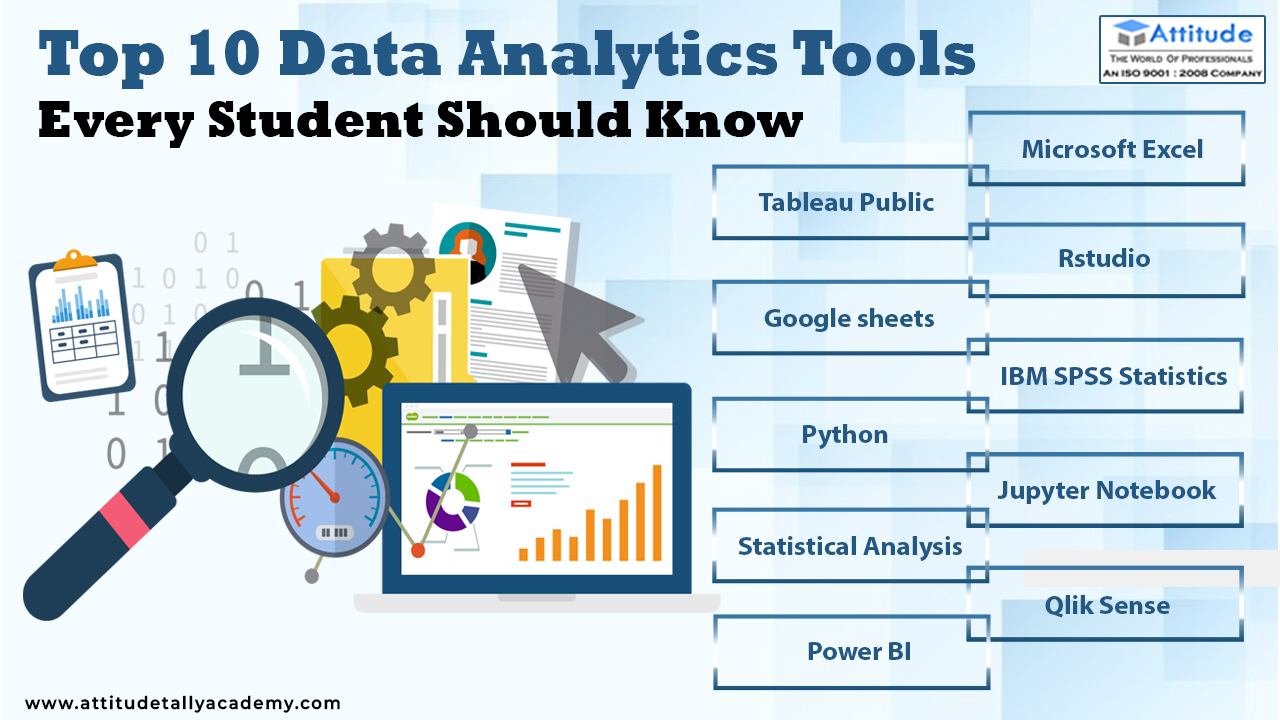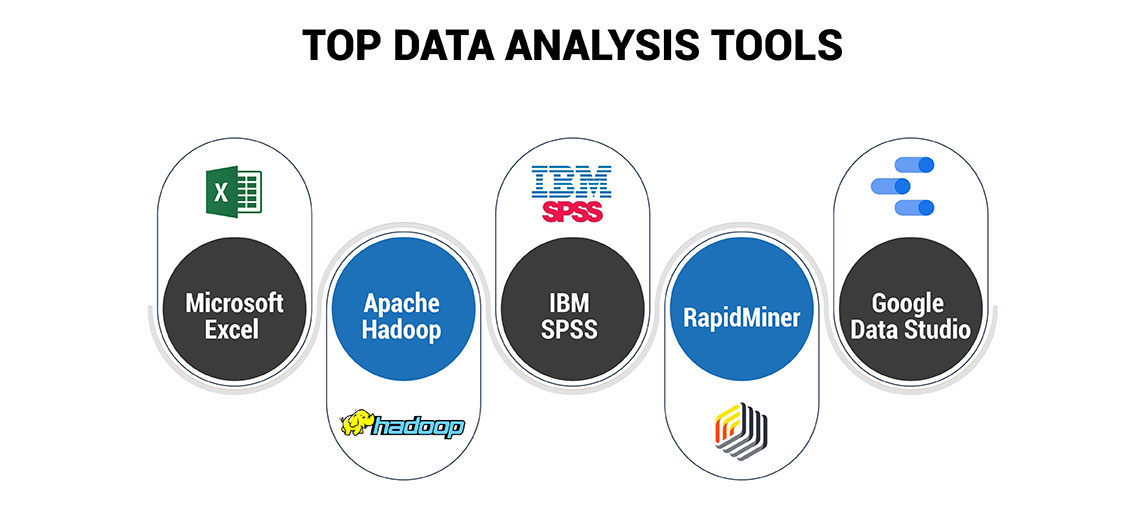Boost Decision-Making Power With Reliable Analytics Equipment
Boost Decision-Making Power With Reliable Analytics Equipment
Blog Article
Make The Most Of Development: Exactly How Analytics Drive Better Techniques
By utilizing information understandings, companies can improve their operational strategies, prepare for market changes, and enhance client involvement. The obstacle exists not only in collecting data however in successfully analyzing it to drive substantial outcomes.
Understanding Data Analytics
Data analytics is a systematic computational analysis of data that allows organizations to discover significant patterns and insights. This process encompasses a variety of techniques, including statistical analysis, anticipating modeling, and data mining, which jointly intend to change raw information right into actionable info - Analytics. By employing these approaches, organizations can make informed choices that are rooted in empirical proof as opposed to instinct alone
The foundation of data analytics exists in its capacity to take care of substantial quantities of info from diverse sources. This consists of organized data, such as databases, and disorganized information, including social networks interactions and consumer responses. With using specialized software and devices, analysts can extract and refine this information efficiently, identifying fads and connections that may not be instantly apparent.
Recognizing data analytics also entails acknowledging the value of data top quality and honesty. Reliable and exact data is crucial for purposeful analysis; hence, organizations must carry out robust information governance techniques. The repetitive nature of analytics permits for continuous improvement and renovation of techniques, making certain that organizations stay agile in the face of altering market characteristics and consumer habits.
Trick Benefits of Analytics

Among the vital advantages of analytics is its capacity to provide actionable insights. Organizations can rapidly evaluate large amounts of data, discovering patterns that may not be promptly noticeable. This helps in expecting market changes and adjusting approaches accordingly. Additionally, analytics fosters a society of evidence-based decision-making, minimizing dependence on instinct and guesswork.
One more significant benefit is improved client understanding. Analytics tools make it possible for organizations to segment their audience, track consumer behavior, and individualize advertising efforts. This targeted approach not only improves consumer interaction but also drives higher conversion prices.

Implementing Analytics Methods
To fully recognize the benefits of analytics, organizations have to embrace organized techniques for application. This starts with clearly specifying objectives that line up with more comprehensive company objectives. By developing certain, quantifiable outcomes, organizations can concentrate their analytics initiatives on locations that yield the greatest return on financial investment.
Following, companies should focus on information governance to guarantee the stability and protection of the data being assessed. This entails setting up protocols for data collection, storage space, and gain access to while sticking to appropriate regulations. Making certain premium information is essential for generating significant understandings.
Moreover, cultivating a society of data-driven decision-making is crucial. This calls for training employees to interpret analytics findings and encouraging collaboration across departments. When teams understand the value of analytics, they are more probable to incorporate insights into their daily operations.
Lastly, organizations must regularly review and improve their analytics approaches. The landscape of information and innovation is constantly progressing, and staying adaptable will certainly permit organizations to leverage new tools and approaches effectively. By applying these organized methods, companies can make best use of the effect of their analytics initiatives and drive lasting growth.
Devices for Efficient Analysis
Reliable analysis counts on a range of devices that assist in the extraction of understandings from data - Analytics. These devices can range from basic spreadsheet applications to sophisticated maker learning systems, each serving an one-of-a-kind function in the logical procedure
Information visualization software application, such as Tableau and Power BI, plays an important duty in transforming complicated datasets right into understandable visual depictions. These tools here are the findings allow experts to recognize patterns and patterns promptly, enabling more educated decision-making.
Analytical evaluation software application, like R and SAS, supplies innovative capabilities for performing in-depth evaluations, consisting of regression, hypothesis testing, and predictive modeling - Analytics. These functions encourage companies to attract meaningful conclusions from their data, determining prospective chances and dangers
In addition, data source management systems such as SQL and NoSQL databases provide the required facilities for keeping and inquiring big volumes of data effectively. They guarantee that data is organized and available for analysis.
Lastly, company intelligence platforms incorporate numerous information resources, providing a comprehensive view of business efficiency. By using these tools efficiently, companies can enhance their analytical capacities, allowing them to establish techniques that make best use of development and enhance overall efficiency.
Instance Research Studies of Success
Successful companies typically leverage data analytics to drive impactful strategies, as confirmed by several notable instance research studies. By utilizing these understandings, Netflix has successfully tailored its material recommendations, resulting in raised check individual engagement and customer retention.

Additionally, Starbucks employs data analytics to figure out optimum shop areas and improve its item offerings. By checking out customer demographics and purchasing patterns, Starbucks successfully identifies high-potential markets and tailors its menu to local tastes, driving sales and customer loyalty.
These situation research studies show that efficient use of data analytics can result in tactical advantages, fostering development and growth within organizations across various sectors.
Verdict
In conclusion, the assimilation of analytics into organizational methods substantially boosts decision-making processes and promotes sustainable growth. The reliable application of analytics tools better supports agility and advancement, enabling companies to navigate competitive landscapes with better precision.
Information analytics is an organized computational evaluation of information that allows companies to uncover purposeful patterns and understandings.Understanding information analytics also includes identifying the significance of information top quality and stability. Reliable and accurate information is crucial for purposeful analysis; therefore, companies have to execute robust information administration practices.Next, companies need to prioritize data governance to guarantee the integrity and safety of the information being analyzed.Successful organizations commonly leverage data analytics to drive impactful techniques, as confirmed by a number of remarkable case research studies.
Report this page